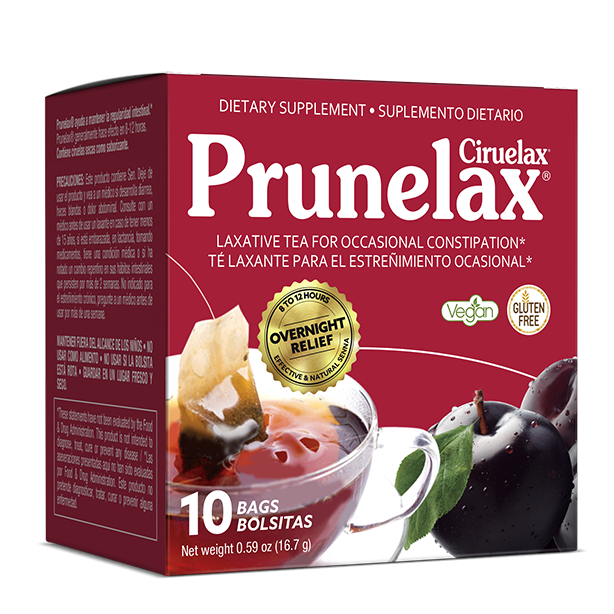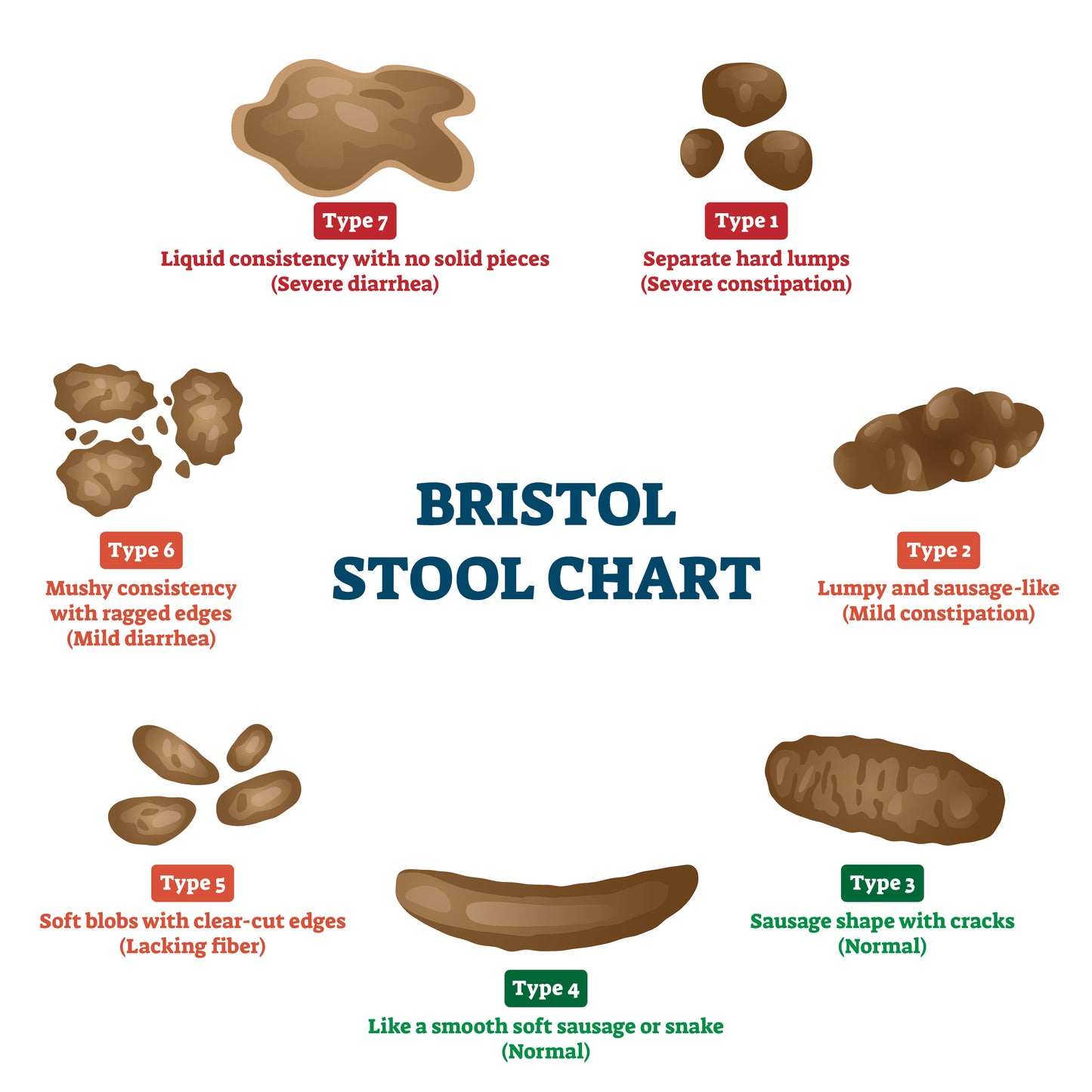Introduction:
Occasional constipation is a common digestive issue that affects millions of people worldwide. While several factors can contribute to this condition, such as poor dietary choices and lack of hydration, a sedentary lifestyle often exacerbates the problem. Fortunately, incorporating physical activity into your daily routine can offer great benefits not only for overall health but also for alleviating occasional constipation. In this article, we will explore the advantages of regular exercise in combating occasional constipation and improving digestive health.
Enhanced Bowel Movement: One of the primary ways physical activity helps relieve occasional constipation is by promoting regular bowel movements. Engaging in physical activity, such as brisk walking, jogging, or cycling, increases the overall activity level of your body, including the intestinal muscles. This increased activity stimulates the natural contractions of the intestines, known as peristalsis, which pushes stool through the colon and encourages healthy bowel movements.
Increased Oxygen and Nutrient Supply: When you engage in exercise, blood flow to the digestive organs increases. The improved blood circulation delivers a greater supply of oxygen and nutrients to the digestive organs, which promotes overall gut motility. This enhanced nourishment helps optimize the functioning of the intestines, supporting healthy bowel movements and preventing constipation.
Enhanced Hydration: Staying adequately hydrated is crucial for maintaining healthy bowel movements. Physical activity often leads to increased water intake, as individuals tend to drink more during and after exercise. Sufficient hydration softens the stool, making it easier to pass through the digestive tract and reducing the likelihood of constipation.
Stress Reduction: Chronic stress can contribute to various digestive issues, including constipation. Engaging in regular physical activity, such as yoga, Pilates, or meditation, can help reduce stress levels. Exercise triggers the release of endorphins, also known as "feel-good" hormones, which elevate mood and promote relaxation. Managing stress levels through physical activity indirectly supports healthy digestion, reducing the risk of occasional constipation.
Weight Management: Maintaining a healthy weight is essential for overall well-being, including digestive health. Regular physical activity aids in weight management by burning calories, promoting fat loss, and building lean muscle mass. Excessive body weight and obesity are associated with a higher risk of constipation, making weight management an essential aspect of preventing this condition.
Conclusion:
Physical activity offers numerous benefits beyond weight management and cardiovascular health. When it comes to treating occasional constipation, regular exercise plays a pivotal role in promoting healthy bowel movements, enhancing intestinal contractions, and improving gut motility. Moreover, the stress-reducing effects of physical activity and its role in maintaining a healthy weight contribute to better digestive health. By incorporating physical activity into your daily routine, you can experience not only the joy of an active lifestyle but also the relief from occasional constipation and improved overall well-being.
*These statements have not been evaluated by the FDA. This product is not intended to diagnose, treat, cure prevent any disease.
Author: Virginia Catalán
References
5 Exercises That Aid in Optimal Digestive Health - ADH. (2022, May 18). Allied Digestive Health. https://allieddigestivehealth.com/5-exercises-that-aid-in-optimal-digestive-health/
Exercise to Ease Constipation. (n.d.). WebMD. https://www.webmd.com/digestive-disorders/exercise-curing-constipation-via-movement#:~:text=Exercise%20helps%20constipation%20by%20lowering
Kemp, S. (2019, February 14). Homepage. AXA Health. https://www.axahealth.co.uk/health-information/gut-health/exercises-to-improve-digestion/#:~:text=Physical%20activity%20increases%20blood%20flow
Kondo, S., Fukazawa, A., Karasawa, T., & Terada, S. (2019). Effects of long‐term exercise training for different durations on pancreatic amylase activity and intestinal glucose transporter content in rats. Physiological Reports, 7(20). https://doi.org/10.14814/phy2.14255
Silveira, E. A., Santos, A. S. e A. de C., Ribeiro, J. N., Noll, M., dos Santos Rodrigues, A. P., & de Oliveira, C. (2021). Prevalence of constipation in adults with obesity class II and III and associated factors. BMC Gastroenterology, 21(1). https://doi.org/10.1186/s12876-021-01806-5






